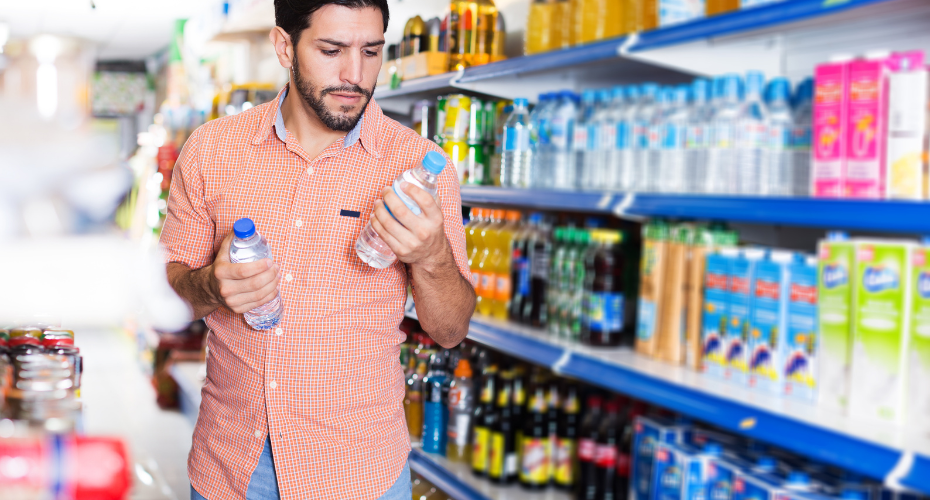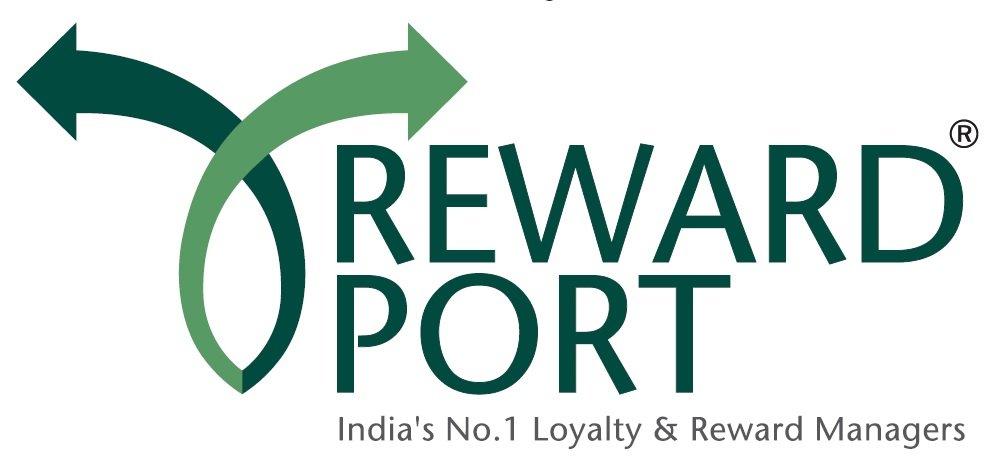
Consumer promotions are a popular marketing strategy used by businesses to drive sales, increase brand awareness, and create customer loyalty. However, despite the potential benefits, these promotions can also lead to several mistakes that can negatively impact your brand and bottom line.
Consumer promotions are marketing strategies aimed at attracting and retaining customers by offering incentives such as discounts, freebies, or bonuses. They are a crucial aspect of modern marketing and are used by companies to increase sales, build brand awareness, and enhance customer loyalty. In this blog, we will explore the different types of consumer promotions and how they can benefit your business.
1. Discounts and Coupons
One of the most popular consumer promotions are offering discounts on products or services. This can be achieved using coupons or special codes that customers can redeem for a specific discount on their purchases. This type of promotion is particularly effective for driving sales during slow periods or for introducing new products.
2. Free Samples
Another effective consumer promotion is providing free samples of products. This allows customers to try the product before they buy, and it can also serve to generate positive word-of-mouth advertising.
3. Buy-One-Get-One (BOGO) Offers
BOGO offers are a great way to encourage customers to purchase more than one item. This type of promotion works by offering customers a free item for every item they purchase.
4. Limited-Time Offers
Creating a sense of urgency can be a powerful motivator for customers to act. Limited-time offers, such as flash Sales promotion or time-bound discounts, can drive sales by encouraging customers to purchase before the offer expires.
5. Loyalty Programs
Loyalty program are designed to reward customers for their repeated business. This can be in the form of points that can be redeemed for discounts or special offers, or it can be a tiered system that provides increasingly better rewards as customers make more purchases.
Consumer promotions are an effective way for businesses to increase sales, build brand awareness, and enhance customer loyalty. By offering a variety of promotions, businesses can reach a wider audience and create a more compelling customer experience. Whether you’re a small business or a large corporation, incorporating consumer promotions into your marketing strategy can lead to greater success and increased customer satisfaction.
In this blog, we will explore the most common mistakes people make with consumer promotions and how to avoid them.
1. Overcomplicating the Offer
A promotion that is too complicated or confusing can result in low participation and a negative customer experience. Make sure the offer is simple, easy to understand, and straightforward. Avoid using complex terms or requiring customers to jump through hoops to redeem the offer.
2. Failing to Set Clear Goals
Without clear goals, it is difficult to measure the success of your promotion and determine whether it is worth repeating in the future. Establish specific objectives such as increasing sales, boosting brand awareness, or driving traffic to your website. This will help you determine whether the promotion is achieving its intended purpose and make necessary adjustments if it is not.
3. Overshooting the Budget
Running a consumer promotion requires a budget, and a lack of resources can limit the potential impact of the promotion. Make sure you have allocated enough funds to support the promotion and run it effectively. This includes advertising costs, printing and distribution of promotional materials, and reward costs.
4. Poor Timing
Timing is critical when it comes to consumer promotions. Running a promotion during a slow period, or when your target audience is not actively engaged, can result in low participation and a lack of impact. Consider factors such as seasonality, holidays, and events when selecting the best time to run your promotion.
5. Neglecting Customer Service
Poor customer service can quickly ruin the positive impact of a promotion. Ensure that your customer service team is prepared to handle an increase in inquiries and is trained to assist customers with any questions or concerns related to the promotion.
6. Failing to Promote the Offer
The success of a promotion largely depends on how well it is promoted. Make sure to advertise the promotion through various channels such as email, social media, and in-store displays. This will help reach your target audience and increase participation in the promotion.
7. Lagging Follow-Up
Once the promotion is over, it’s important to follow up with customers to understand their experience and gather feedback. This will help you make necessary adjustments for future promotions and build stronger relationships with your customers.
Conclusion
Consumer promotions can be a powerful tool for businesses looking to drive sales and increase brand awareness. By avoiding the common mistakes outlined in this blog, you can run successful and effective promotions that provide measurable results and deliver positive customer experiences.
Frequently Asked Questions
Why is consumer promotion important?
Consumer Promotion in a business is important to drive more sales, stimulate a purchase, encourage loyalty among existing customers, motivating customers to spend more & more on your products, and attracting new customers within a short time.
How consumer reward program work?
A consumer reward program, also referred to as a loyalty program, can be defined to attract more customers and encourage the existing customers to remain loyal to a brand. Consumers are rewarded in the form of loyalty points, cashback, discount, or anything else, whenever they make a purchase from a certain brand and earn rewards that can be used to save some money in future purchases.
What are the 4 types of consumer promotion?
The four major types of consumer promotions are listed below:
Social Media Contests: Come up with creative contests on social media platforms for brand awareness.
Free Samples: Offer free samples or trials to gain target customers.
Coupons/Vouchers: Offer coupon codes or vouchers through other popular platforms, such as G-Pay, Paytm, Amazon, Flipkart, etc.
Consumer Reward Programs: Come up with loyalty programs to encourage repeat purchases.


